



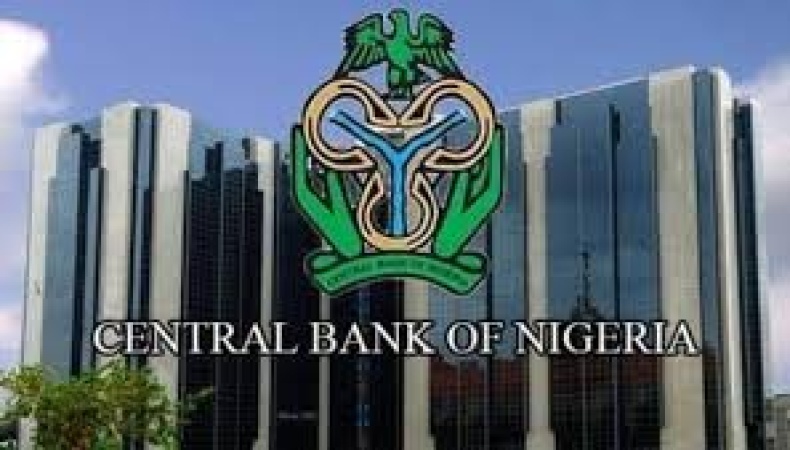





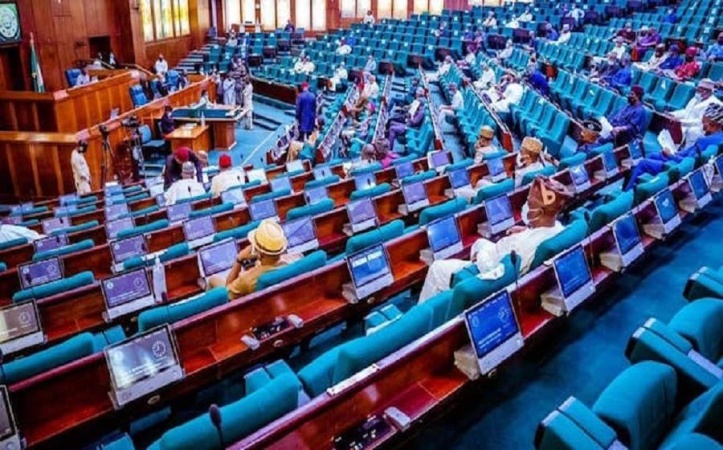
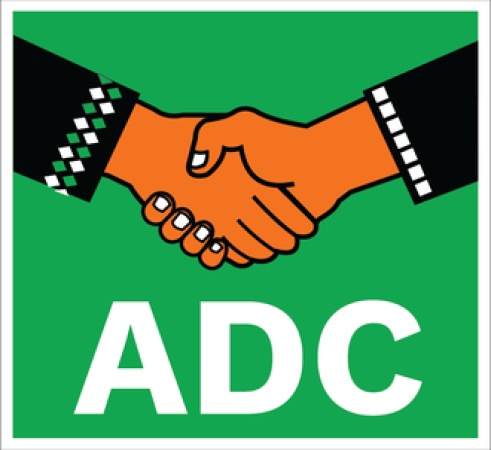
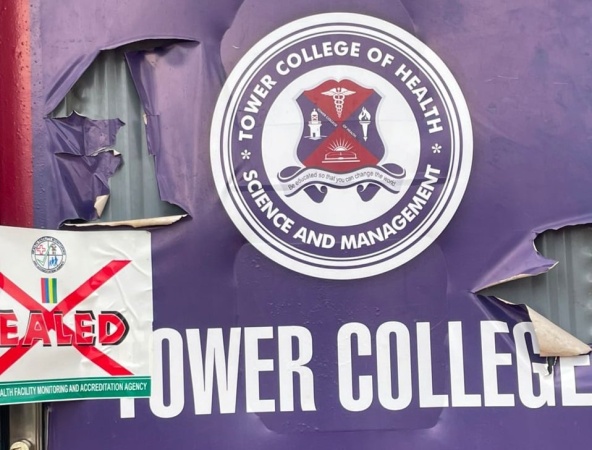


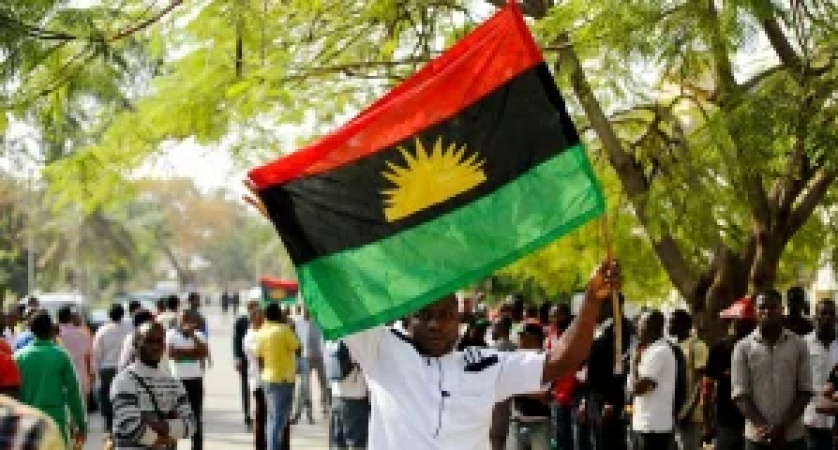
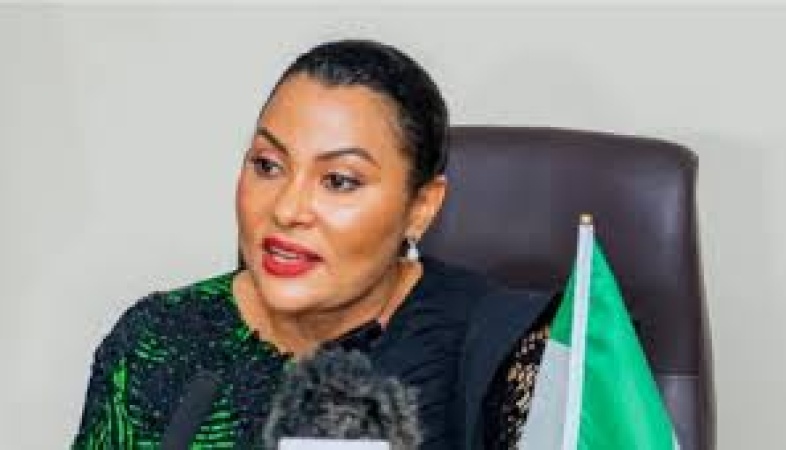

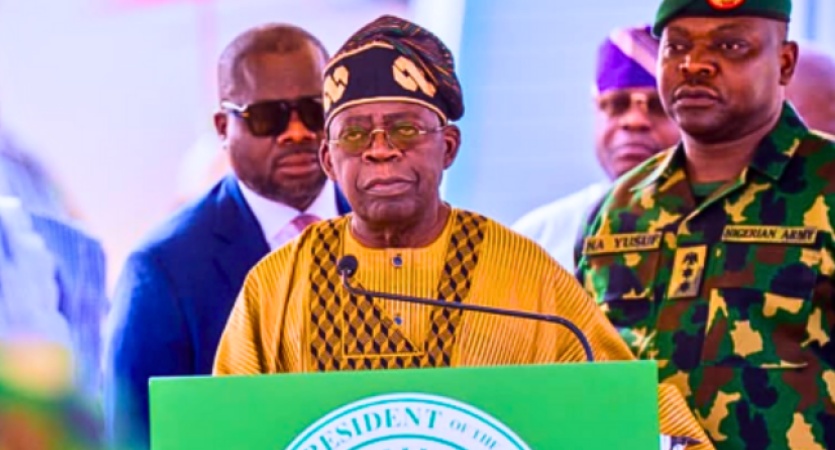
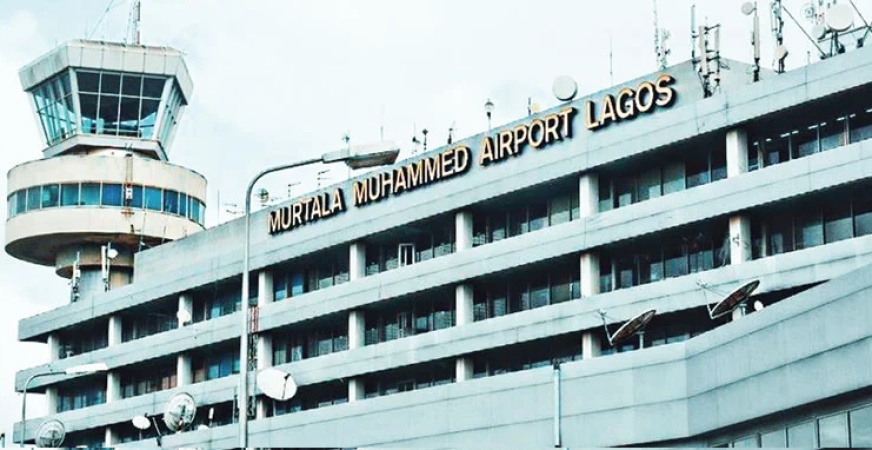






Loading banners


NEWS EXPRESS is Nigeria’s leading online newspaper. Published by Africa’s international award-winning journalist, Mr. Isaac Umunna, NEWS EXPRESS is Nigeria’s first truly professional online daily newspaper. It is published from Lagos, Nigeria’s economic and media hub, and has a provision for occasional special print editions. Thanks to our vast network of sources and dedicated team of professional journalists and contributors spread across Nigeria and overseas, NEWS EXPRESS has become synonymous with newsbreaks and exclusive stories from around the world.
.jpg&w=1200&q=75)
The Nigerian National Petroleum Corporation (NNPC) today admitted owing billions of United States dollars in crude oil revenue realised from January last year to July this year.
It admitted the debt during a Revenue Reconciliation Meeting among the Corporation, Central Bank of Nigeria (CBN), the Department of Petroleum Resources (DPR), the Federal Inland Revenue Service (FIRS), the Office of the Accountant General of the Federation, the Budget Office of the Federation, and the Federal Ministries of Finance and Petroleum Resources.
“The Federation Account indicates that over the period January 2012 to July 2013, a shortfall of USD10.8 billion was recorded from the domestic crude oil receipts. This shortfall has been acknowledged by NNPC, but the magnitude of the shortfall is still disputed by NNPC,” the Ministry of Finance, which hosted the meeting, said in its summary of “Summary of Findings” sent to News Express by Paul Nwabuikwu, Special Adviser to the Coordinating Minister for the Economy and Minister of Finance, Dr. Ngozi Okonjo-Iweala.
Beow is the “Summary of Findings”, unedited:
1. The Central Bank of Nigeria (CBN) recently reported that about USD49.8 billion could not be accounted for from crude oil exports by the NNPC over the period January 2012 to July 2013. The CBN raised this concern in the context of low accretion to the foreign exchange reserves despite sustained high oil prices. This note is the outcome of a reconciliation exercise among the aforementioned stakeholders, held at the Ministry of Finance, to clarify the issues raised by the CBN.
2. According to the CBN, based on data from pre-shipment inspection agents, over the period January 2012 to July 2013, a total of 594.02 million barrels of crude oil were lifted by the NNPC, amounting to about USD65.3 billion. However, the amount remitted into the Federation Account at the CBN amounted to only USD15.53 billion. This prompted the CBN to raise the issue of an observed gap in expected revenues.
3. A revenue reconciliation meeting was therefore convened among the CBN, NNPC, the Federal Ministry of Finance and other stakeholders to clarify the observed sources of discrepancy. At this meeting, the NNPC noted that the actual proceeds from crude oil exports over the period amounted to USD67.12 billion, and was thus about USD1.79 billion higher than the revenues reported by the CBN (possibly due to timing differences and NPDC liftings which were not included in the CBN report).
4. According to the NNPC’s records, the total revenues of USD67.12 billion, was comprised of revenues which directly accrued to NNPC (for the Federation Account) of USD14 billion; and additional revenues lifted by NNPC on behalf of other parties as follows: for FIRS (USD15 billion), for DPR (USD2 billion), for NPDC (USD6 billion) and for other third party financing (USD 2 billion). In addition, domestic crude lifted by the NNPC amounted to about USD28 billion. This domestic crude component was not reflected in the CBN’s foreign accounts, but rather paid directly in Naira into the Federation Account. Taking account of these various exports conducted on behalf of the non-NNPC parties, the total of USD67 billion was mostly accounted for. This substantially addresses the issues raised by the CBN.
5. The Federation Account indicates that over the period January 2012 to July 2013, a shortfall of USD10.8 billion was recorded from the domestic crude oil receipts. This shortfall has been acknowledged by NNPC, but the magnitude of the shortfall is still disputed by NNPC. The shortfall is explained to be the result of subsidy claims, unrecovered crude/product losses, and cost of strategic petroleum storage (which is currently not captured in the PPPRA template for refunds). This figure is also well-known to all stakeholders at the Federation Account Allocation Committee (FAAC), and is reported and updated on a monthly basis. However, all parties concerned are working assiduously through the ongoing reconciliation efforts to resolve this.
6. To tackle this shortfall in revenues, the Government has initiated various steps to address these challenges from both security and operational fronts.
7. As a result of the changing structure of the business arrangements – from joint ventures to production sharing contracts, alternative financing arrangements, and the impact of the fiscal regime on gas development – the government take in recent years has been declining. In this regard, a quick passage of the Petroleum Industry Bill (PIB) will help to reverse this trend.
•Cartoon of NNPC GMD Andrew Yakubu and CBN Governor Sanusi Lamido Sanusi, courtesy Daily Independent.